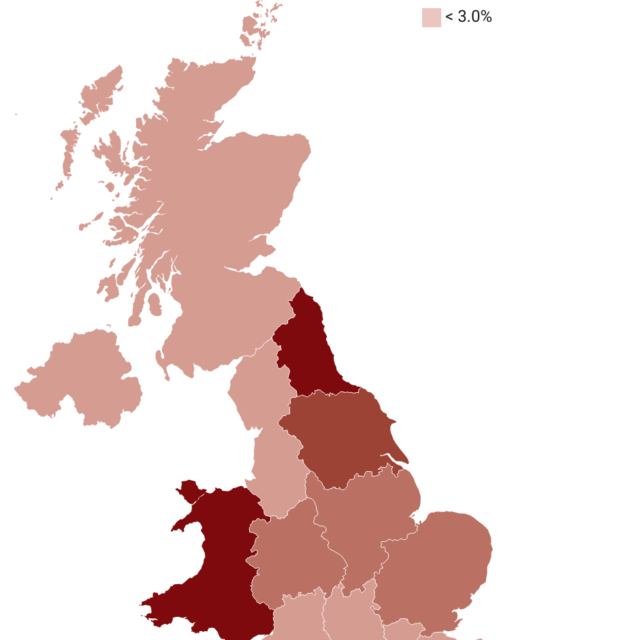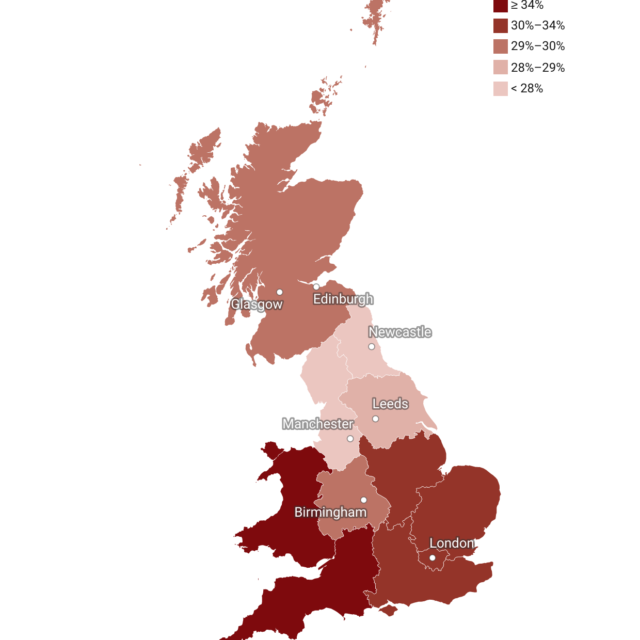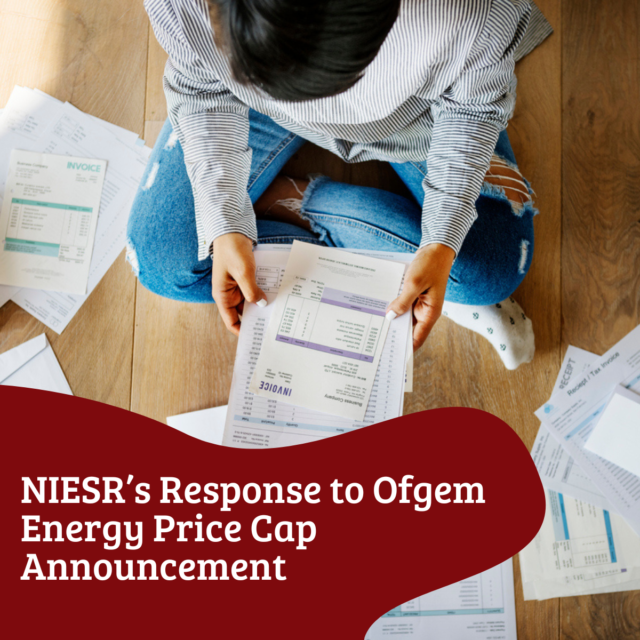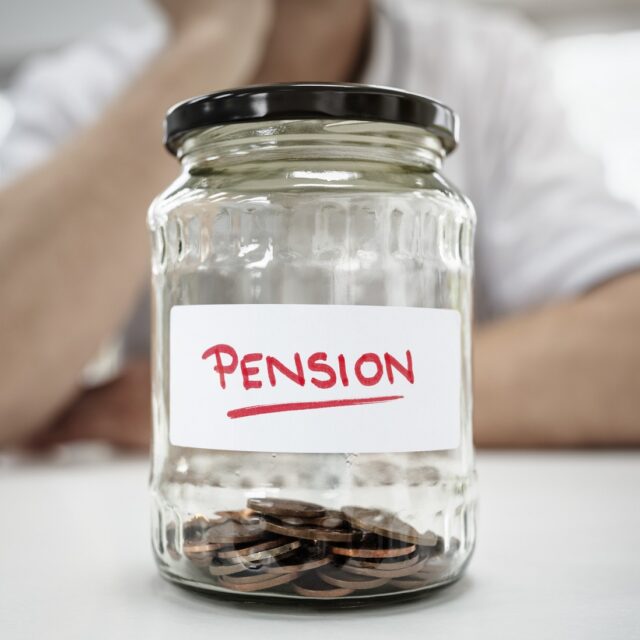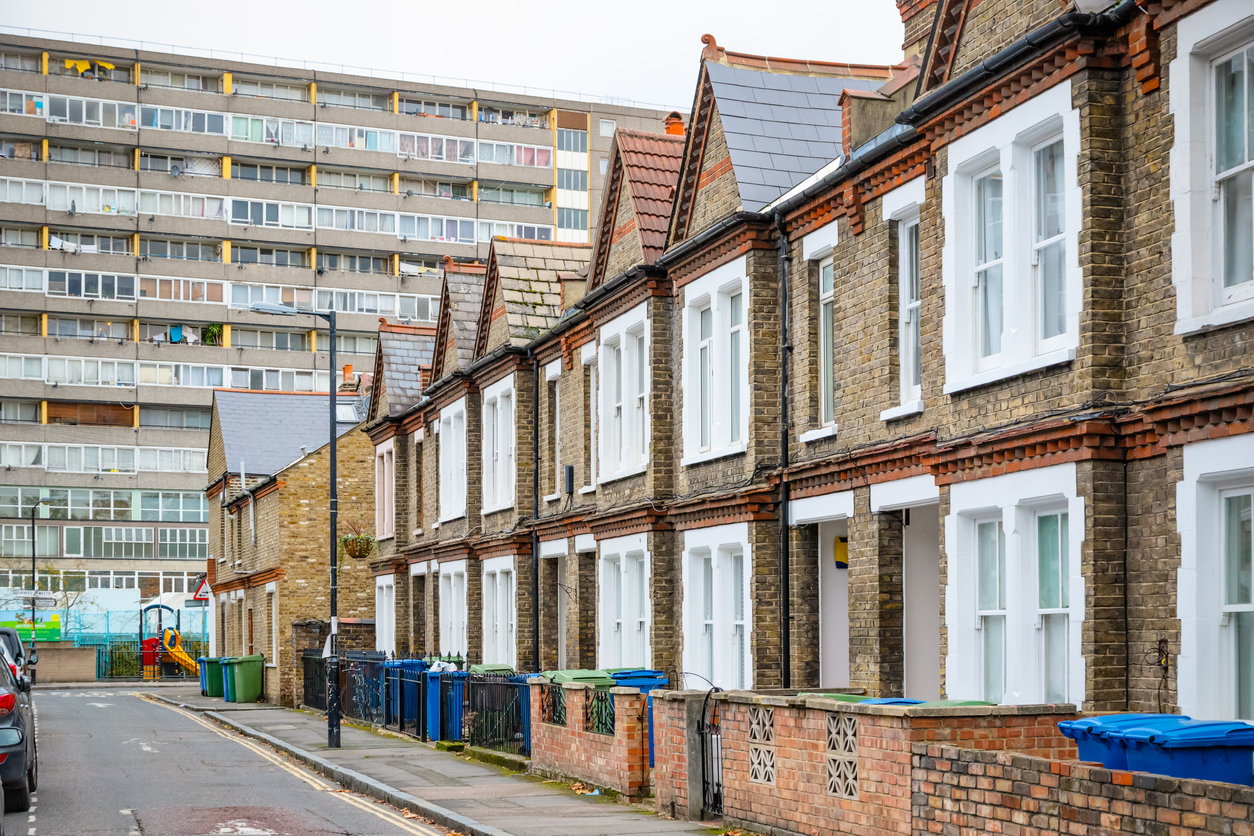A ‘Variable Energy Price Cap’ to Help Solve the Cost-of-Living Crisis
 Pub. Date
Pub. Date
 Pub. Type
Pub. Type
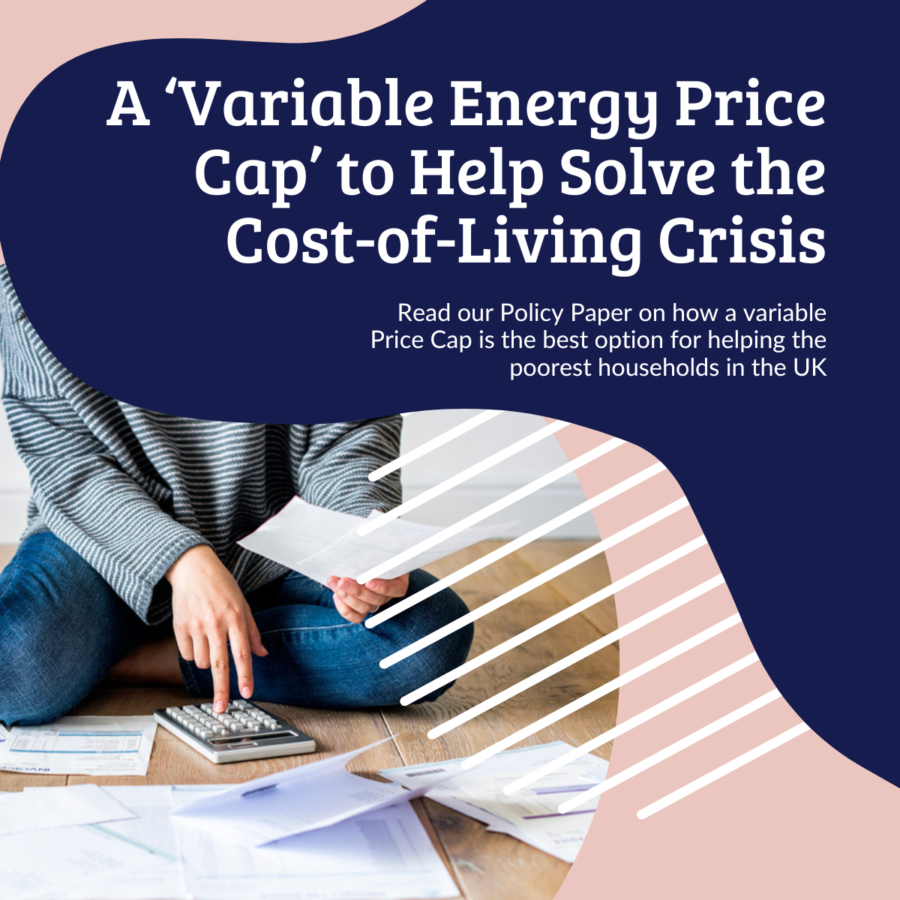
Main points
- Could reduce the bills of the poorest households from nearly £3,000 to around £1,000 per year, a 70 per cent reduction.
- Would be financed by raising the cost of energy for those who use it most, which are richer households that can afford this rise in energy bills in terms of their income and their savings, taking their energy bills from about 2 percent to just 3 per cent of their income.
- Could be a ‘revenue neutral’ which would not require further fiscal support such as extra borrowing or tax rises, unlike other policy ideas such as nationalising energy companies or freezing all energy bills.
- Could also be combined with more fiscal spending to help reduce the energy bills of both lower- and higher-income households.
- Would incentivise energy saving by higher-income households and thereby incorporate a green element into the cost structure.
Transforming the single point Energy Price Cap into a variable (or sliding) price cap where the price per unit of energy used increases with usage would help solving the cost-of-living crisis, according to latest research by the National Institute of Economic and Social Research (NIESR).
The effect of such sliding price cap would be to reduce energy bills for lower-income households in the country while higher earners, who consume more energy, bear a commensurate share of the higher costs.
As energy use is strongly correlated with household income, making units of energy more expensive for those who use it the most affects higher-income households while making usage cheaper for lower-income households.
When compared to other policy proposals - specifically freezing energy bills – our proposal has a number of advantages. First of all, it is more cost effective as freezing energy bills has been predicted to cost around £100bn over the winter period. Although there is evidence to suggest that such a substantial approach is affordable, we propose a way to achieve the same goal without such a cost to the Exchequer and ultimately the taxpayer.









